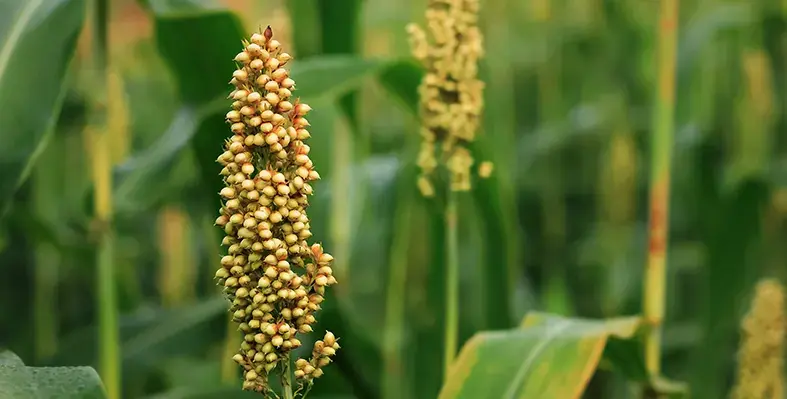In a strategic move to strengthen Zimbabwe’s food systems and improve smallholder livelihoods, the International Fund for Agricultural Development (IFAD), alongside the Government of Zimbabwe and private sector collaborators, has launched the pilot phase of the Food and Agriculture Resilience Mission Pillar 3 (FARM P3)
This initiative targets the sorghum value chain, a vital component of climate-resilient agriculture in the country.
Sorghum is one of Zimbabwe’s most dependable crops in drought-prone regions. However, many small-scale farmers struggle to maximise its potential due to labour-intensive processing methods, post-harvest losses of up to 30%, and limited access to consistent markets. These barriers often result in reduced profitability and poor-quality outputs that don’t meet buyer requirements.
“Sorghum could be central to building Zimbabwe’s climate resilience, but it remains underutilised. By engaging private-sector partners from the start, the FARM P3 pilot opens a pathway to overcome these challenges and spread benefits across the country, supporting small-scale farmers to become more productive and more prosperous,” said Alex Nyakatsapa, the senior value chain and agribusiness advisor of SACP.
The FARM P3 pilot introduces mobile threshing and other smart mechanisation tools to smallholder farming communities. These innovations aim to cut losses, improve harvest efficiency, and connect farmers with formal markets and processors. The approach also includes the promotion of youth-led service enterprises and robust public-private partnerships to deliver sustainable results.
Over the course of 12 months, the project is expected to work with around 6,000 smallholder farmers across key sorghum-growing areas and support 50 service providers, including young entrepreneurs and progressive farmers. These providers will receive mentorship to develop business models, access funding, and become part of structured value chains. Importantly, the pilot does not deliver the services directly, but instead creates the necessary environment for these services to flourish independently.
“Through FARM P3 we not only test equipment that raises smallholder incomes in Zimbabwe, but also work with buyers, financial institutions, youth entrepreneurs and farmers to build business models that create jobs and make mechanization affordable, profitable, and sustainable,” said Francesco Rispoli, IFAD country director.
With climate change placing increasing pressure on African agriculture, initiatives like FARM P3 offer a timely, scalable solution to both food insecurity and rural poverty.





